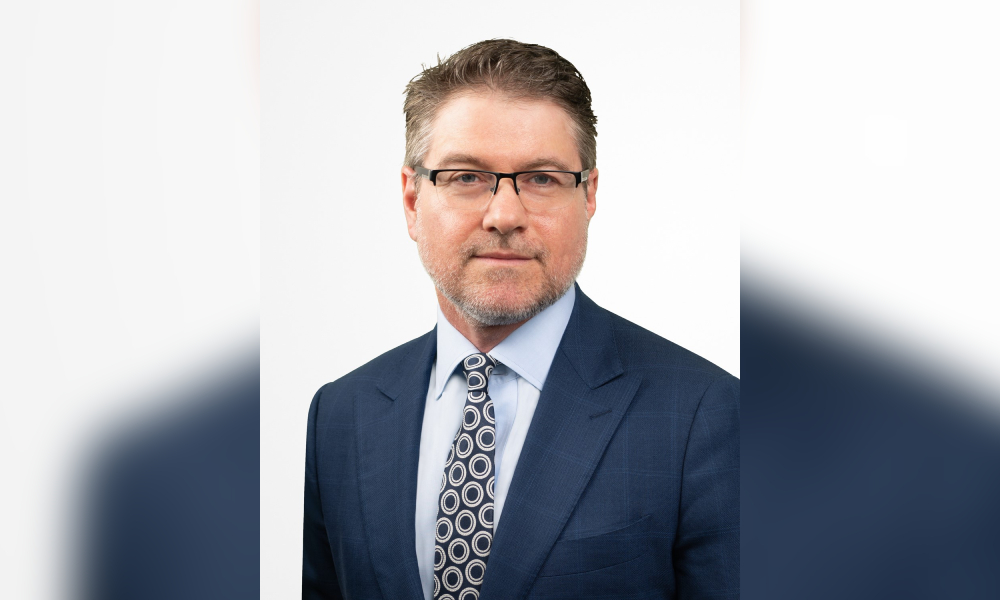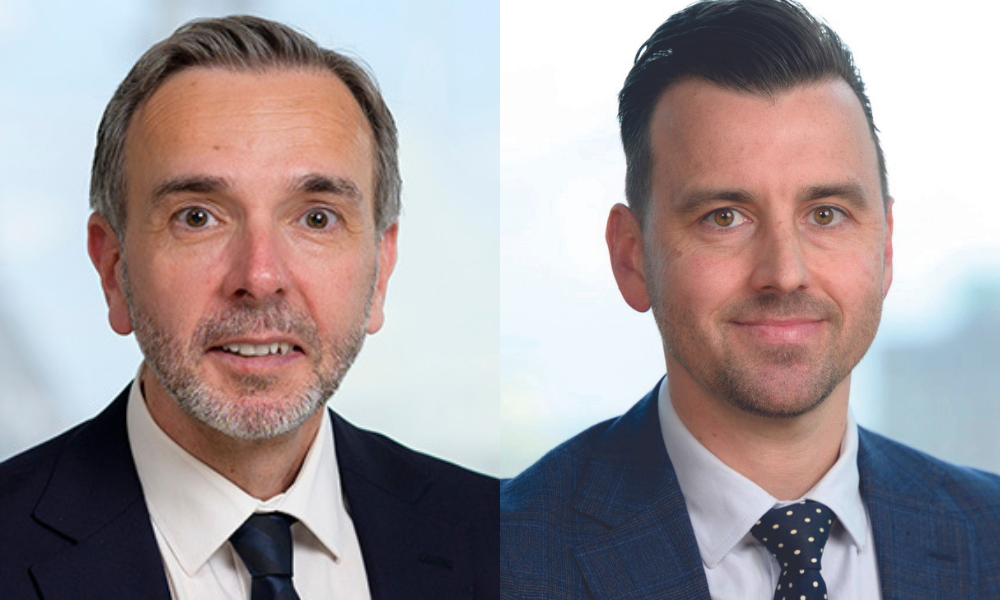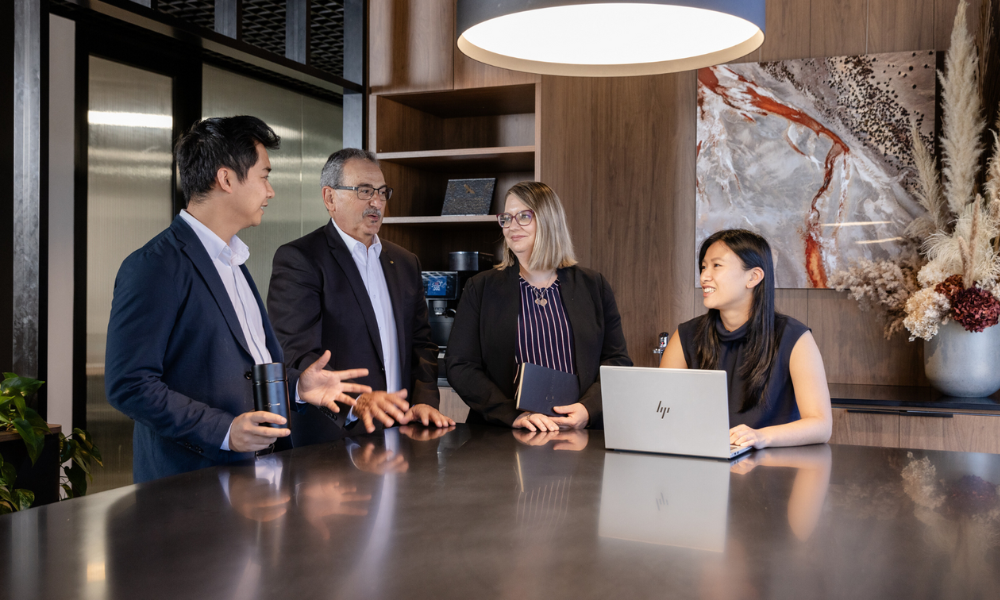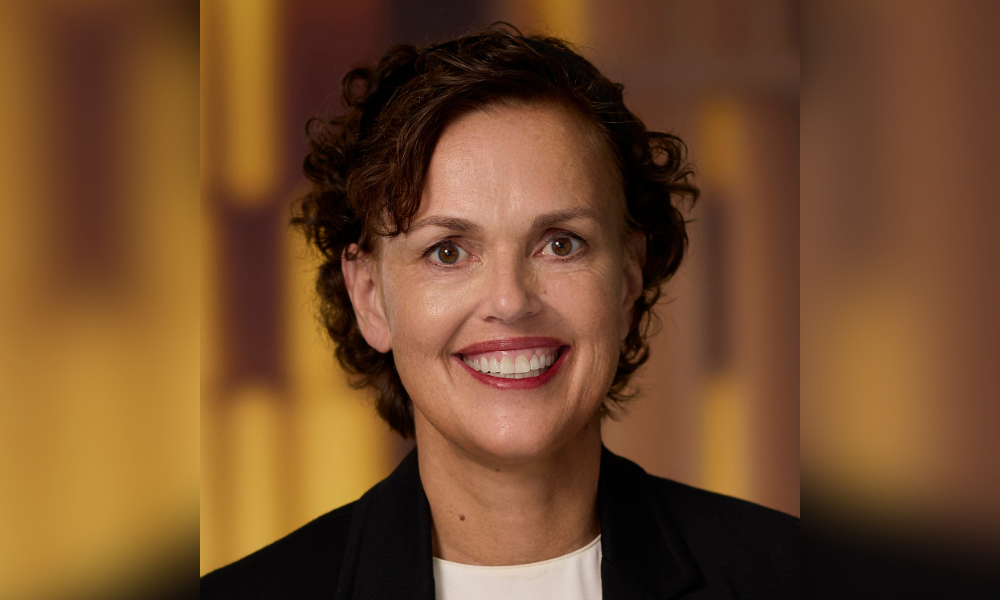Chris Gardner says that there is much lawyers can learn in applying coaching to the client context

Chris Gardner may have chosen the path of the law because he opted for “pragmatism over idealism,” but the Seyfarth Shaw partner has blossomed both in his career and his personal development.
Gardner has kept his days full of activity – in addition to his dearly loved work in industrial relations law, he is writing books, working towards a qualification in positive psychology and honing his skills in professional coaching, in which he recently completed a diploma course. He believes that lawyers can learn much about applying coaching to the client context.
In this interview, Gardner also talks “turbo charging” lawyer development, mental wellness techniques, part-remote work becoming the norm and anticipating “new and deeper ways to connect.”
What made you choose a career in law?
It was pragmatism over idealism. The last recession made the job market bleak. I had a law degree and thought that getting my articles would provide more options. But I then discovered industrial relations law, and I was hooked.
What do you love most about your job?
Helping clients achieve what they want. A mentor once told me, “Don’t tell clients what they can’t do, tell them what they can do.” This has stuck with me throughout my career. We’re blessed to work for leading employers on the matters that matter to them.
What is going on at the firm?
The firm globally has weathered the COVID-19 storm exceptionally well. Here in Australia, we’ve added Penny Stevens to combine with Paul Cutrone, consolidating the leading health and safety practise in the country. We’ve re-configured our learning and development program, ensured that we stay connected as a group whilst working remotely, and continue to be engaged on terrific work by great clients.
Our biggest success is the development of a closely knit and vibrant team and it feels like the challenges of 2020 have brought us closer together despite working apart.
Are there any new programs and initiatives that you’re particularly interested in?
I’ve just finished a diploma in professional coaching. There’s much for lawyers to learn about the application of coaching to the client context. Secondly, I’ve long been interested in what makes for best afield “lawyering.” There’s precious little formal learning on this, yet such a demand in the market. Learning on the job can be efficient but also random – add to this the “why and “how” of what is being done, particularly in the client context, and you can turbo-charge lawyer development.
What has been your proudest accomplishment in the last year or so? Or what’s the biggest lesson you learned in the past year and what advice can you give fellow lawyers about it?
In the last year I’ve learned about the value of coaching skills and have near completed a qualification in positive psychology through the University of Pennsylvania. It has never been easier to learn new things which can be personally, if not professionally, enriching. Understanding one’s strengths can be very powerful. Try the Gallup strengths finder and spend $80 on a full report that you won’t regret.
What should the profession and law firms focus more on?
The law can be a tough profession. We’re learning more now about the skills and “tools” for mental wellness, and this obviously much needed. The next generation of learning will borrow from the techniques of elite athletes and other performers who, like lawyers, face setbacks, self-doubt and clips to confidence, but learn techniques to alter their state and in-turn maximise performance.
What are the challenges you expect in your practice, and in the business of law in general, going forward? What challenges are particularly pressing in the country’s legal industry?
In the area of workplace relations law, the ongoing challenge is to deliver a high-quality product for a market that is presented with ever increasing low cost options. The challenge is to demonstrate value when quality is not always easily discerned. We do best with clients that want results.
As to the business of law more generally, relevance is number one for me. Clients want solutions to business problems, not lawyers for the sake of it. For most clients, engaging a lawyer is like seeing a dentist. The demand for genuine legal expertise will always remain, but increasing commoditisation and time based pressure will see the market increasingly segregated. Time is interesting. It’s how the market charges (time x rate), and despite the call for alternative means, it’s what most clients prefer. But there is less time to produce as the market demands more immediacy.
What has been the biggest challenge you and your practice has faced amid the pandemic?
As to COVID-19, we have adapted extremely well, as I expect most firms have. It’s been a revelation to know that yes, we can work remotely and more efficiently. Of course this can come at price being less “connection.” But the path has been laid and part-remote work will become the norm. Office life and space will adapt and new and deeper ways to connect lie ahead.
What are you looking forward to the most in the coming year?
First, life approaching normal again, obviously. As a firm, we have every reason to hit the year new full of optimism and gratitude for things once easily taken for granted. Secondly, identifying what we can do different and better arising from the past years’ incredible experience. Finally, progressing two books I’m writing: one on enterprise bargaining in Australia, and the other entitled “Wisdom from a Professional,’’ which will chronicle lessons based on my interviews with 100 leaders in their field. My hope is that it provides insights that otherwise take a long time to learn for those on the journey – a little way for me to give back.










